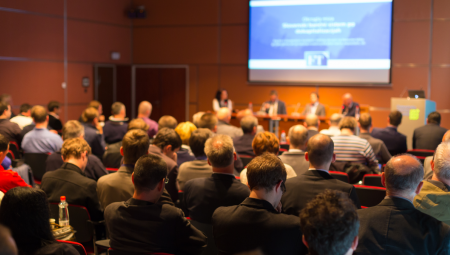International. The U.S. Green Building Council launched two new certifications, LEED for Cities and LEED for Communities.
The U.S. Green Building Council launched two new certifications, LEED for Cities and LEED for Communities.
These two new pilot programs will work in conjunction with the newly launched arc Platform where cities and communities will have the opportunity to set goals and implement strategies to achieve a higher quality of life for their inhabitants.
The LEED tool will measure the performance of registered cities and communities in the following areas: energy, water, waste, transportation, and human experience. It will also facilitate the recording and reporting of city and country progress towards their climate action goals in a globally consistent format.
LEED for Cities and LEED for Communities seek to demonstrate the city's commitment to sustainability, human health and economic prosperity. Beyond just comparing the current performance of the city, this new tool provides measures and strategies to educate inhabitants towards continuous improvement and make the city a place where people "want to live".
These two new tools integrated into the U.S. Green Building Council's (USGBC) newly launched Arc Platform will support continued progress toward better communities and cities, and a higher quality of life for their inhabitants.
Through metrics, strategies and support plans, in LEED for Cities and LEED for Communities cities/communities will need to record and share performance data in a number of critical areas, including energy, water, waste, transportation and human experience, to measure and track progress towards projected goals. Likewise, the projects will have greenhouse gas (GHG) emissions figures based on their energy consumption, which will facilitate the recording and reporting of the progress of the city and the country towards their climate action goals in a format consistent at the global level.
The process considers a pre-certification in which a specific roadmap will be established by defining each project, its objectives, scope and configuration for the measurement and monitoring of key metrics. Once the process is registered, the Green Building Certification Inc. (GBCI) will review and approve the final certification phase.
To obtain LEED certification for cities or communities, a minimum score of 40 must be met, which is based on performance and registration in the arc Platform of key metrics in five categories: i) energy, ii) water, (iii) waste, (iv) transport, (v) human experience; and four subcategories: (i) education, (ii) prosperity, (iii) equity, (iv) health and safety.
Source: Colombian Council of Sustainable Construction.














